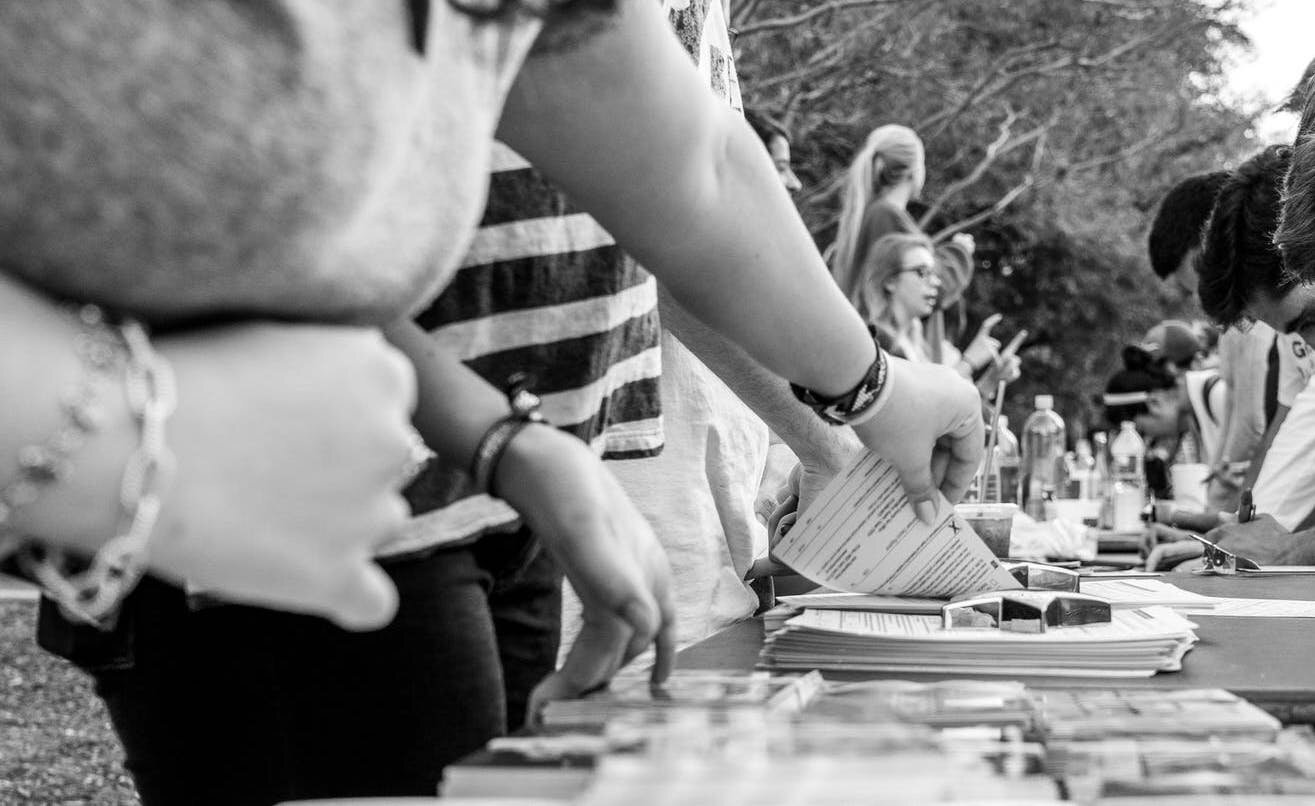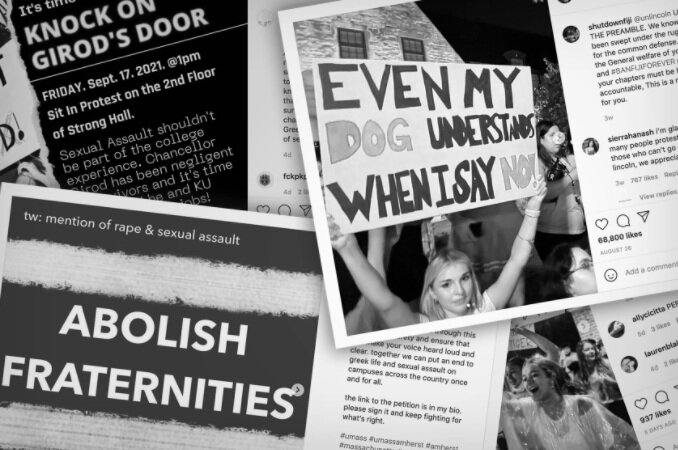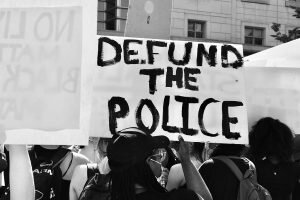There’s long been a belief that a more perfect civic education can lead to a more perfect union. Colleges tried service learning. Then they pushed to get out the vote. But the political events and rhetoric of the past few years—culminating in the Jan. 6 attack on the U.S. Capitol—have heightened the sense of urgency that higher education do something more to patch the widening cracks in American democracy. In an era of viral digital disinformation, eroding governance norms and increased political violence, the same old campus “civic engagement” programs no longer seem sufficient.
Read MoreOver the course of a week in early September, Jordan Musantry and her fellow students at Auburn University received three emails from the administration about sexual assaults reported on campus. The last one, sent last Tuesday, detailed a rape reported to have occurred at a fraternity house, but it didn’t name which one, to many students’ frustration. In a campus-safety chat on the GroupMe app, Musantry, a sophomore, organized a protest for that evening at Toomer’s Corner, a landmark in the Alabama city and popular meeting spot. Musantry said she expected 10 people to show up. Instead, 500 did, she estimates.
Read MoreA new model policy for “racially just policing,” written by the ACLU of Massachusetts and Bridgewater State University, and published on Tuesday, was designed to prevent episodes like that, which have occurred again and again. They can traumatize the victims and make students and employees of color feel as if they don’t belong on predominantly white college campuses.
Read MoreLast month, Lincoln University of Missouri’s interim president Dr. John Moseley, stood on stage in front of the nine members of the first graduating class of Lincoln’s law enforcement training academy—the first police academy to exist on the grounds of an historically Black college or university (HCBU). Dr. Charlies H.F. Davis III, an assistant professor of higher education at the University of Michigan and an expert on campus protests, worried that because Black and brown officers are statistically less likely to use force, they are being recruited as a “band aid” to a much bigger problem.
Read MoreIn WARTIME Issue No. 3, Dr. Davis offers a clarion call to his community about the ways and consequences of misogyny, particular toward Black women. In tandem, Dr. Davis offers an open letter to Black women with the intention of publicly recognizing their humanity and dignity on behalf of Black men committed to being in right relationship through loving, respecting, and protecting them from harm.
Read MoreDr. Heather Shea discusses how campuses and racial justice activists are grappling with issues of campus policing with four panelists who sit at various vantage points–scholars, activists, students–in the Black Lives Matter movement. Joining the conversation are Dr. Charles H.F. Davis III, Dr. Erin S. Corbett, Jude Paul Dizon, and Jael Kerandi.
Read MoreCharles H.F. Davis III has been selected as a 2021 National Academy of Education/Spencer Postdoctoral Fellow. The NAEd/Spencer Postdoctoral Fellowship Program is highly competitive and supports 25 early-career scholars working in critical areas of education research.
Read MoreThe conclusion of the trial of former Minneapolis police officer Derek Chauvin, who was found guilty on murder and manslaughter charges for the killing of George Floyd, produced a sense of hope and relief among students, faculty members and college leaders across the country. After a year of anger and outrage, accusations and recrimination, bridge building and bridge burning, calls for accountability and promises of change -- played out mostly remotely and on social media as Americans hunkered down while in the throes of the pandemic -- the verdict Tuesday was largely viewed as a welcome development and a symbol of possibilities for positive change for the country -- and perhaps on American college campuses.
Read MoreFrom coast to coast, scholars reacted with a sense of relief over the conviction of Derek Chauvin—the former police officer who murdered George Floyd in Minneapolis last May—but cautioned that the fight for racial justice continues. “[I feel] relief that Chauvin was found guilty. [It’s] far from a sure outcome despite the obvious mountain of evidence, despite what we all saw. But this is just one case – police who killed Breonna Taylor and Tamir Rice and Michael Brown and Eric Garner haven’t been held accountable said Dr. Hasan Kwame Jeffries, an associate professor of history at The Ohio State University and an expert on the Civil Rights and Black Power Movement. “And as the prosecution said, the police were not on trial – one officer was. But hopefully, the police were put on notice. Hopefully, they’ll stop killing people. If history is any indication, they won’t. But the future isn’t written. Time will tell.”
Read MoreAn insurrection at the U.S. Capitol in Washington, D.C., on Wednesday afternoon dominated the national headlines and prompted a forceful rebuke from politicians, law enforcement officials and higher education leaders from coast to coast. Several hundred Trump supporters stormed the Capitol, as legislators were going through the process of certifying the Electoral College votes ahead of the Jan. 20 inauguration of President-elect Joe Biden and Vice President-elect Kamala Harris.
Read More









